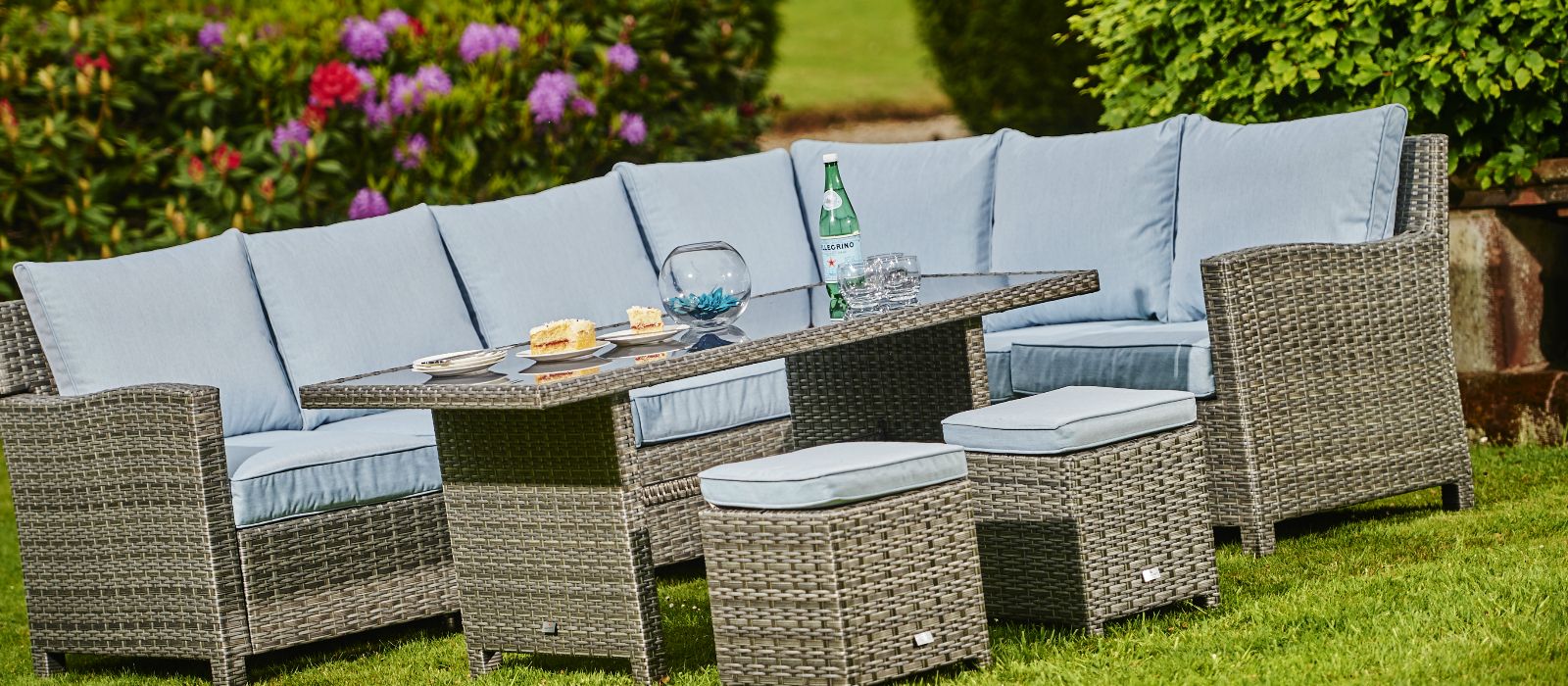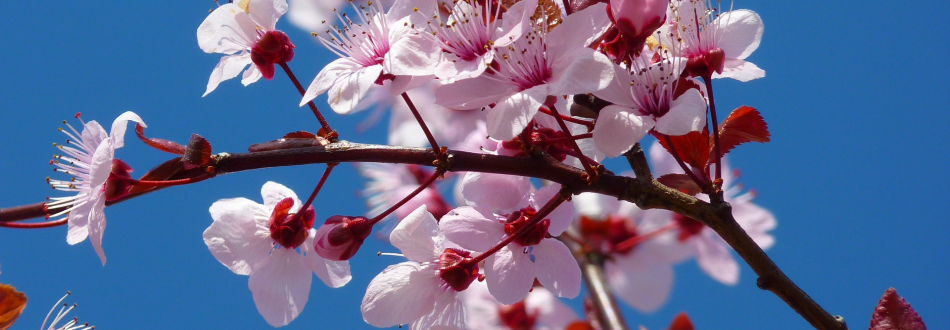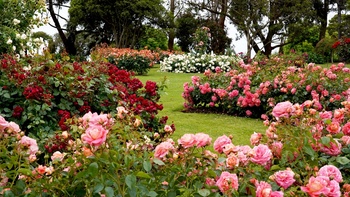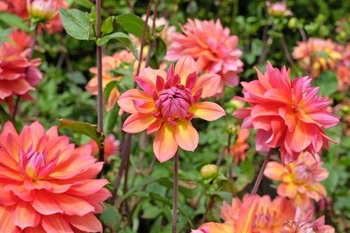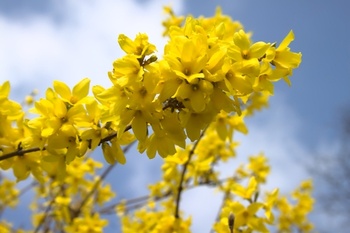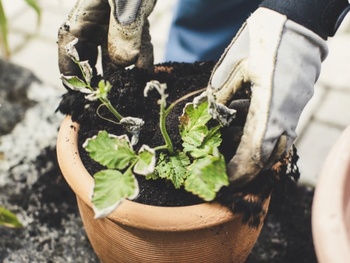
We've all needed our green space more than ever this year, and our gardens are a great place to escape when life is tough. As 2021 draws to a close, it's time to look back on the gardening year and see what lessons we can take with us next year. Here are our top 7 gardening thoughts from 2021.
Top 7 lessons from last year's gardening
-
You don't have to be a gardening expert to enjoy the benefits of a garden. Just planting a few seeds can give you the thrill of seeing new life emerge from the soil, and you can grow your own delicious salads and herbs in pots on a windowsill even if you don't have a garden of your own.
-
Becoming peat-free in our gardens is even more important than ever. Peat bogs support a unique range of plants and wildlife, as well as substantial lock-up amounts of carbon. They take thousands of years to develop, so we must switch to other materials for our composts and potting media. Fortunately, new composts containing more sustainable products like wool, coir and composted bracken are now available, so look for them whenever you buy compost.
-
We can do many things to the garden as sustainably as possible, including switching to peat-free products, being water-wise, minimising our use of single-use plastics, and composting our green garden waste. Just one or two small actions can really make a difference!
-
Taking care of our soil and enriching it with organic matter is essential. This produces stronger, healthier plants and improves the soil's structure, helping it to cope with both arid and very wet weather.
-
For those who don't have a garden but still want some greenery in their lives, house plants are the perfect answer. From easy-to-care-for succulents to elegant orchids, there's a house plant to suit every taste, and once you've got the house plant bug, you'll soon find your collection growing!
-
Take a tip from the 2021 RHS Chelsea Flower Show and plant a pocket forest in your garden. A large container planted up with small trees, ferns and shrubs can create a tiny, lush woodland environment in a surprisingly small space. Shrubs such as hazel or hawthorn are ideal for this, as they can be coppiced to keep them from growing too big.
-
Whether it's birds, bees, beetles or frogs, wildlife is essential to the health of our gardens, so make your garden a wildlife-friendly space. Leave a small grass area to grow long to shelter insects and plant a wide range of flowers for pollinators and berry-bearing shrubs for birds.
We're here to help you at every step of your gardening journey, so visit our centre soon and get set for another great year of gardening!
